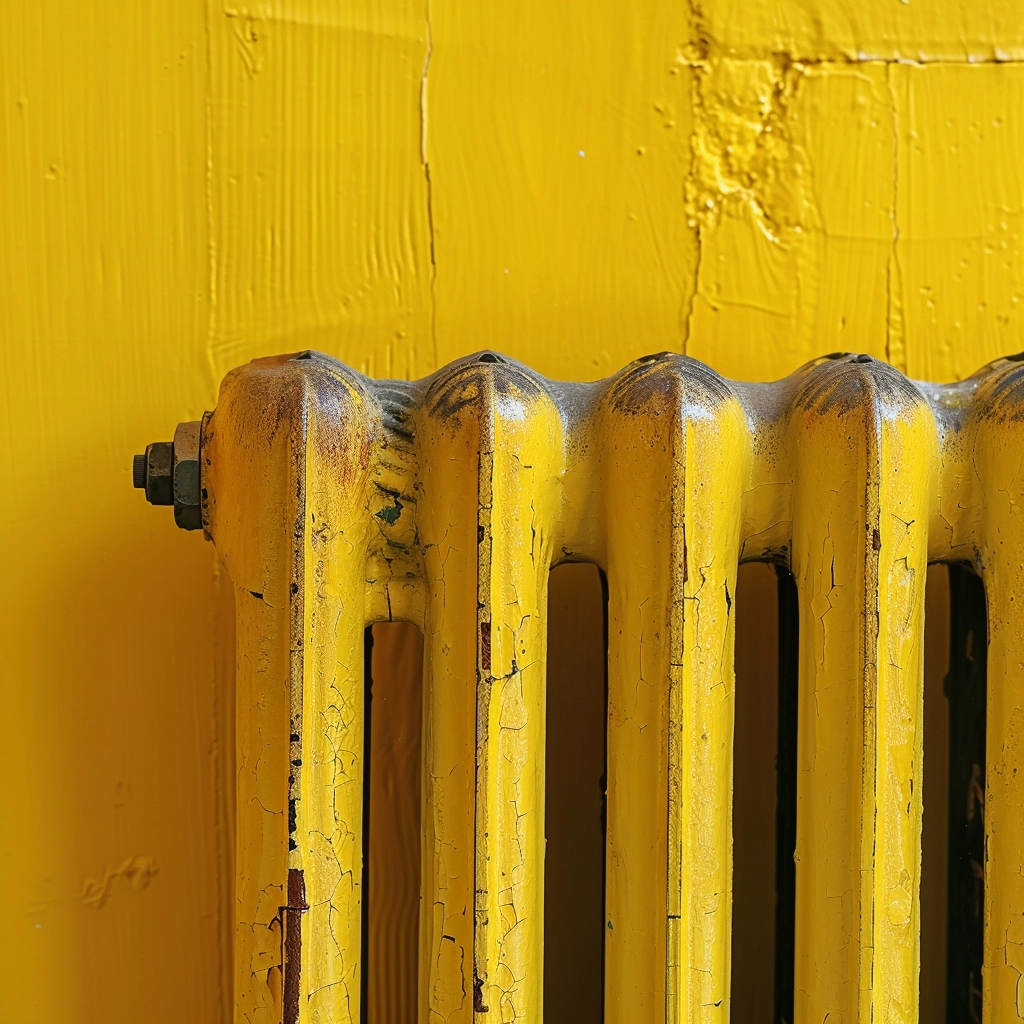
Your Guide to Alternative Heating Solutions in your home
5 Alternative Heating Solutions for Your Home
Alternative heating solutions are good for the planet, your budget, and your health. Some heating options help to keep indoor air free of allergens, and others keep you from being exposed to dangerous fuels and other combustible materials.
Whether you’re interested in saving money, helping the environment, or both, understanding which alternative heating systems will work best for your home is the first step to making a change.
Why Should You Look for Alternative Heating Solutions?
The U.K. isn’t spared from the consequences of global warming. Heat emissions have increased two years in a row. In fact, over 85% of U.K. households are heated with oil and gas. This is one reason why the U.K.’s Climate Change Act requires total heat decarbonisation by the year 2050. Choosing low-carbon alternative heating technologies is part of the solution.
The term “alternative heating systems” refers to those which do not rely on gas. However, the switch to heating sources that don’t burn fossil fuels isn’t an easy fix. Renewable heating options like air or ground source heat pumps and biomass boilers are best, but these solutions may not work for every home or commercial building. Finding the right alternative heating source to use takes research and the input of a certified heating system installer.
5 Alternative Heating Systems for Homes
Alternative heating options aren’t all high-tech. However, installing a new type of heating system requires the services of a professional who is certified to work on that specific technology. For example, heat pump installers should be accredited by the Microgeneration Certification Scheme (MCS), especially if you plan on applying for renewable energy grants.
No matter which type of alternative heating solutions you’re considering, working with heating technicians who are trained and certified for that technology will ensure the project goes as smoothly as possible.
1. Heat Pumps
Both ground and air-source heat pumps are versatile systems that can be used in a variety of settings. Though heat pumps collect and convert renewable energies to heat and cool a home, the pump itself does rely on electricity. To make this option qualify as fully renewable, you will need the addition of a clean energy supplier or supply, such as solar panels.
Typically, it does take some ingenuity to combine alternative heating systems that can keep your home comfortable year-round. Including a solar-heated water source may help.
Ground-source heat pumps are more expensive than air-source pumps, but they are also more efficient. Ground pumps provide a more consistent temperature throughout the seasons. Because they extract heat either through deep boreholes or a network of pipes called a “slinky system,” your surrounding property will influence which type of heat pump installation is appropriate.
2. Solar Heating
Solar panels power your home with the ultimate renewable resource — the sun. The U.K. climate may not seem like the most practical region for solar energy with so many overcast and rainy days, but in fact, the popularity of solar energy is increasing in the U.K. among both individual citizens and the government.
Solar heating systems require the installation of solar panels on your property or rooftop. Fortunately, as the popularity of this alternative energy source goes up, installation prices are coming down. Because solar energy is sustainable and produces the electricity needed to run a standard household, a solar heating system is one of the most practical options for alternative heat sources without electricity from an outside source.
3. Biomass Boiler
When it comes to alternative heat for homes, U.K. residents who don’t want to use electricity at all can turn to biomass boilers. Biomass boilers are great alternative heating methods for homes. U.K. businesses can also benefit from biomass boilers because they can also be connected through a network of pipes to heat more than one building at a time.
A biomass boiler burns wood chips, wooden pellets, or logs to heat spaces and water. “Biomass” is a term that refers to any type of burnable organic material. Wood pellets are the most practical type of material for biomass burners. They are made from forestry byproducts and have a low ash content.
You may wonder about the environmental effect of emitting smoke into the air. Boilers are considered sustainable because as they burn, trees and crops absorb carbon and remove it from the environment. When those materials are burned and re-release carbon into the atmosphere, it is considered to be a net-neutral carbon exchange.
In addition, because many biomass materials are made from waste and byproducts, they are considered renewable for as long as humans harvest trees.
4. Radiant Floor Heating
Wouldn’t it be great to put your bare feet down on the tile floor on a winter morning and not feel a cold chill creeping up your legs? Radiant floor heating, is a heat source that’s installed under the floor.
Radiant systems may use hot water or electricity to warm your home from the floor up. As heat from the floor rises, it not only keeps your feet warm but warms the entire room.
Radiant systems can be used in individual rooms, such as the bathroom, or installed throughout the entire house. This alternative heat source is most practical for remodels and new construction. The price of replacing flooring throughout an entire home may make this option too costly.
5. Infrared Heating Panels
Also known as radiant heat panels, infrared panels emit electromagnetic radiation to provide direct heat to objects, people, and surfaces. Unlike traditional heating technologies that heat the air to keep a space warm, infrared panels heat the objects in the space. The objects, including people, then return the warmth back into the room. The heat from infrared panels works similarly to the heat of the sun minus the dangerous ultraviolet rays.
Infrared panels are one of the most energy-efficient alternative ways to heat your home. They don’t dry the air or circulate dust throughout your home as many heat sources do. One of the biggest advantages of infrared systems is the ability to customise your heat use to accommodate temperature preferences in different zones.
Find a Heating Professional Through SeekaServ
There are several effective alternative heating systems for homes in the U.K. No matter which option is right for you, working with a qualified heating engineer to properly install your new system is crucial. SeekaServ takes the confusion and frustration out of finding the right professional.
Simply register for an account, post your job, and professionals trained in installing alternative heating sources will contact you. Get started today!




